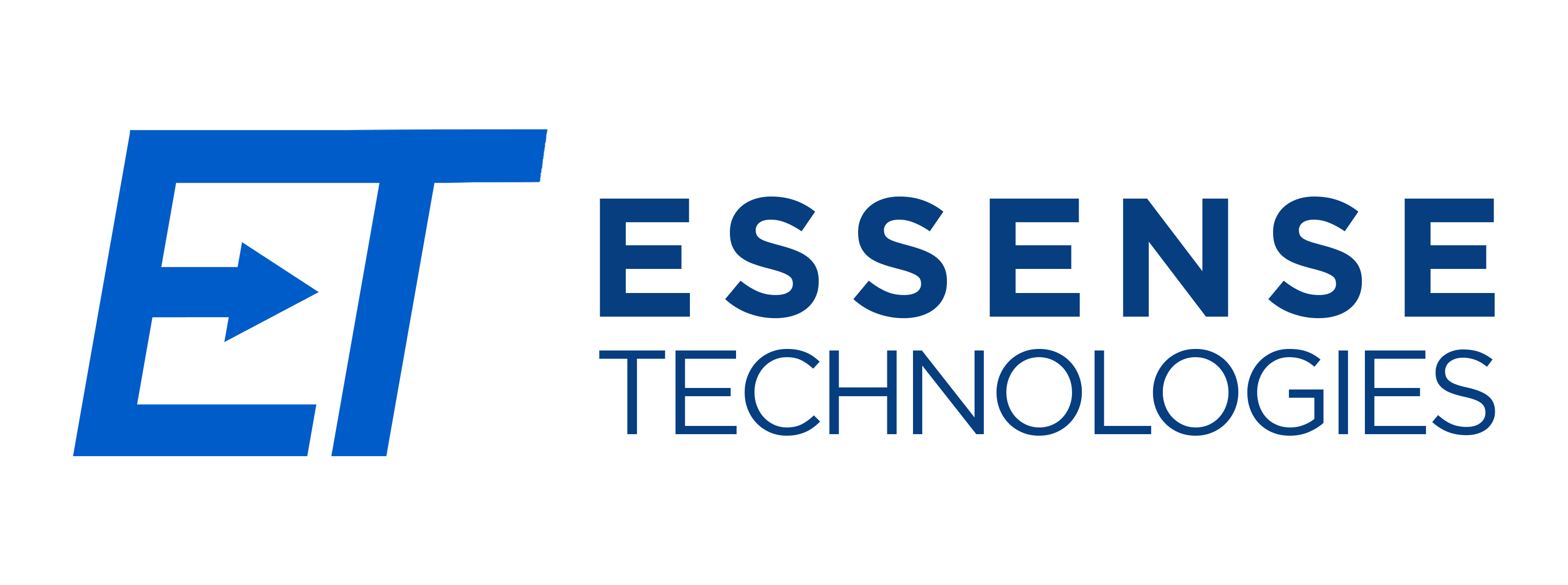Content marketing is a marketing strategy that involves creating and sharing valuable, relevant, and consistent content to attract and retain a clearly defined audience — and, ultimately, to drive profitable customer action.
The idea behind content marketing is simple: instead of pitching your products or services directly to your audience, you create and share content that provides value to them. By doing so, you build trust and credibility with your audience, and establish yourself as a thought leader in your industry.
Why is Content Marketing Important?
1. Helps build brand awareness:
By creating valuable and engaging content, you can attract new audiences and increase awareness of your brand.
2. Improves customer loyalty:
Providing consistent and helpful content can build trust and loyalty with your customers, which can lead to repeat business and referrals.
3. Boosts search engine rankings:
High-quality content can improve your website’s search engine rankings, making it easier for potential customers to find you online.
4. Provides value to your audience:
By creating content that is helpful, informative, or entertaining, you can provide value to your audience and establish your brand as an authority in your industry.
Types of Content Marketing
Content marketing encompasses a wide range of content types and formats, including:
Blogging
Blogging is one of the most popular and effective forms of content marketing. By regularly publishing blog posts on a variety of topics related to their industry, businesses can establish themselves as thought leaders and provide value to their audience.
Social Media Marketing
Social media marketing involves creating and sharing content on social media platforms like Facebook, Twitter, and Instagram. This can include text posts, images, videos, and more.
Video Marketing
Video marketing involves creating and sharing videos that provide value to the target audience. This can include explainer videos, product demos, customer testimonials, and more.
Infographics
Infographics are visual representations of information, data, or knowledge. They are a popular form of content marketing as they are highly shareable and can quickly convey complex information in an engaging way.
eBooks and Whitepapers
Ebooks and whitepapers are longer-form content pieces that are typically used to educate the target audience on a specific topic related to the business’s industry. They are often used as lead magnets to capture the contact information of potential customers.
Webinars and Podcasts
Webinars and podcasts are live or recorded events that allow businesses to share valuable information with their audience in an engaging way. They are often used to educate customers on a specific topic or promote a product or service.
Developing a Content Marketing Plan
To develop a content marketing plan, consider the following steps:
- Define Your Target Audience: Identify who you want to reach with your content, including demographics, interests, and pain points.
- Set Goals: Determine what you want to achieve with your content marketing efforts, such as increasing website traffic or generating leads.
- Conduct Keyword Research: Use keyword research tools to identify the topics and search terms that your target audience is searching for.
- Choose Content Formats: Select the content formats that will best resonate with your audience and achieve your goals, such as blog posts, videos, or social media updates.
- Develop a Content Calendar: Plan out your content in advance to ensure a consistent publishing schedule and to align with key events or promotions.
- Promote Your Content: Share your content across your social media channels, email newsletters, or other marketing channels to ensure maximum visibility.
Key Elements of Effective Content Marketing
To create effective content, consider the following elements:
- Valuable Content: Provide value to your audience by solving problems, answering questions, or providing entertainment.
- Consistency: Consistently publish high-quality content to build trust with your audience and establish your brand as a reliable source of information.
- Storytelling: Incorporate storytelling elements into your content to make it more engaging and memorable for your audience.
- Visual Elements: Use images, videos, and other visual elements to break up text and make your content more engaging.
- SEO Optimization: Optimize your content for search engines to improve your website’s rankings and make it easier for potential customers to find you online.
Examples of Effective Content Marketing
Here are a few examples:
- Red Bull: Red Bull is known for their high-energy content, including extreme sports videos and event sponsorships.
- HubSpot: HubSpot is a software company that provides valuable marketing and sales resources through their blog, ebooks, and webinars.
- Patagonia: Patagonia uses their content to promote environmental activism and sustainable practices, aligning with their brand values.
- Airbnb: Airbnb’s travel guides and blog content provide valuable information for travelers, promoting their brand as a trusted resource for travel advice.











